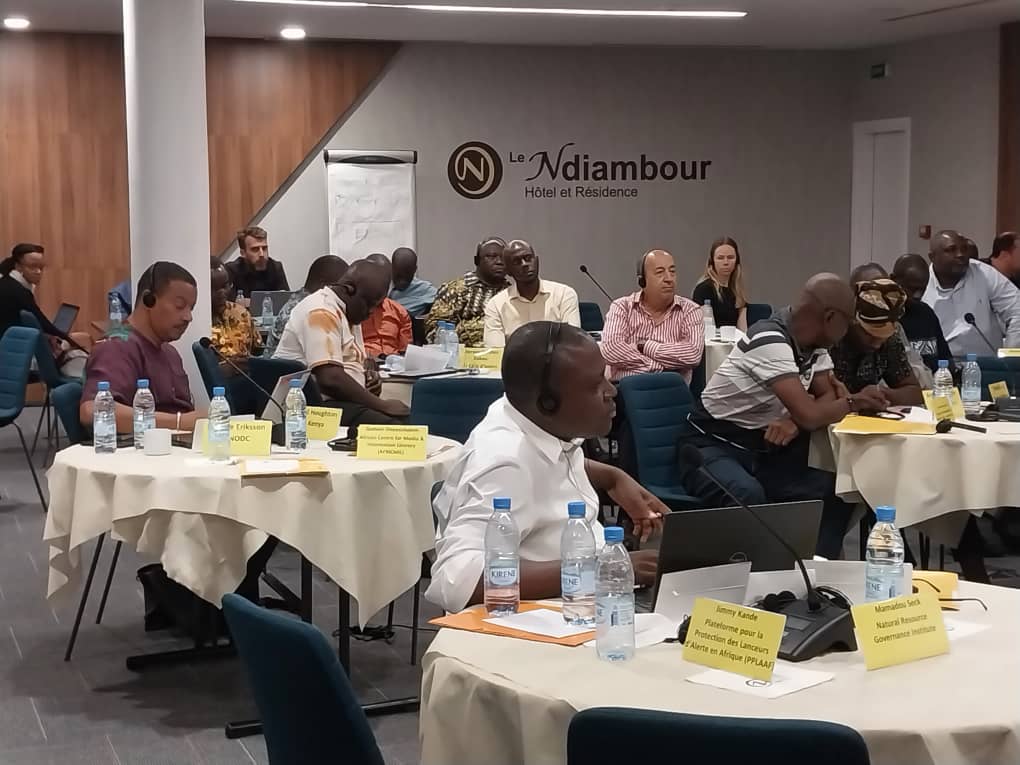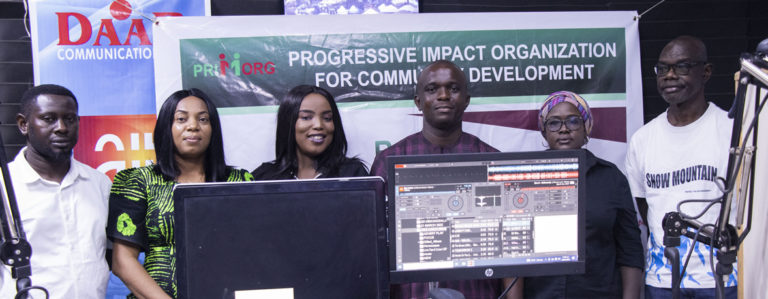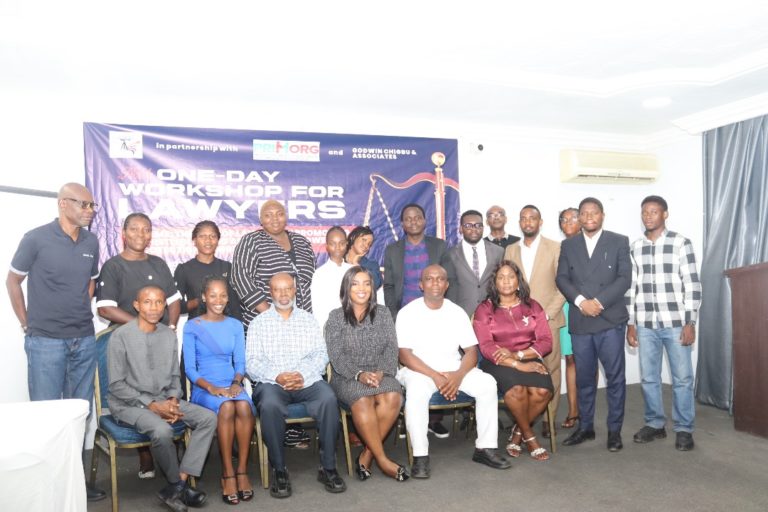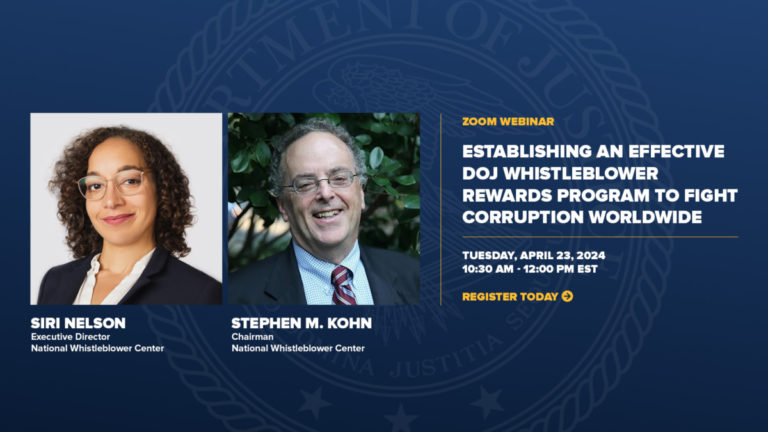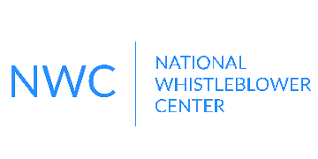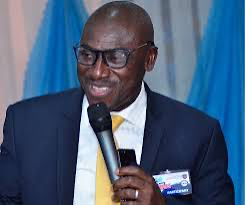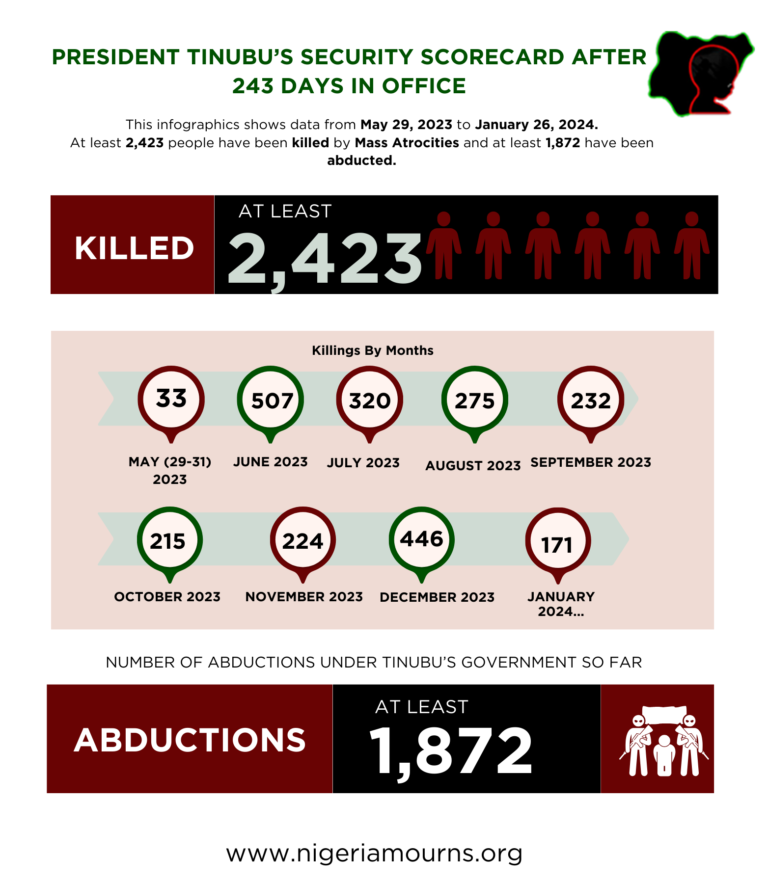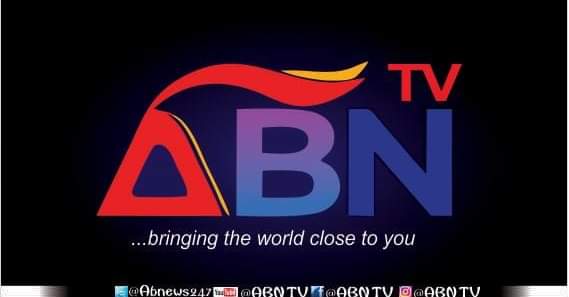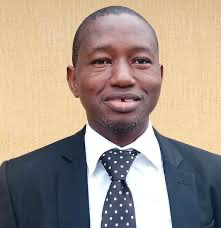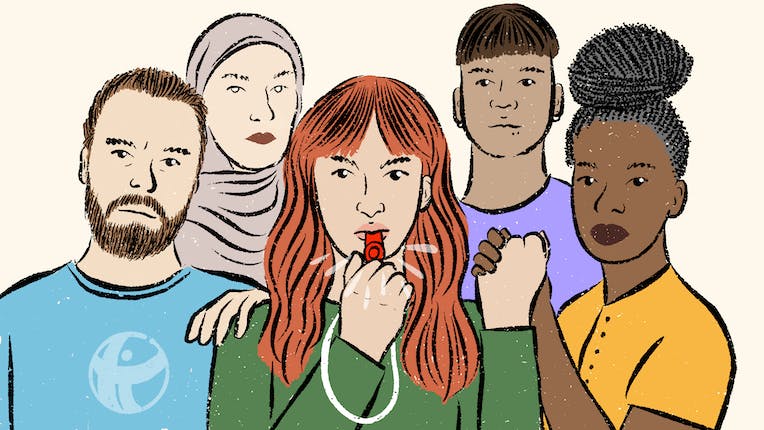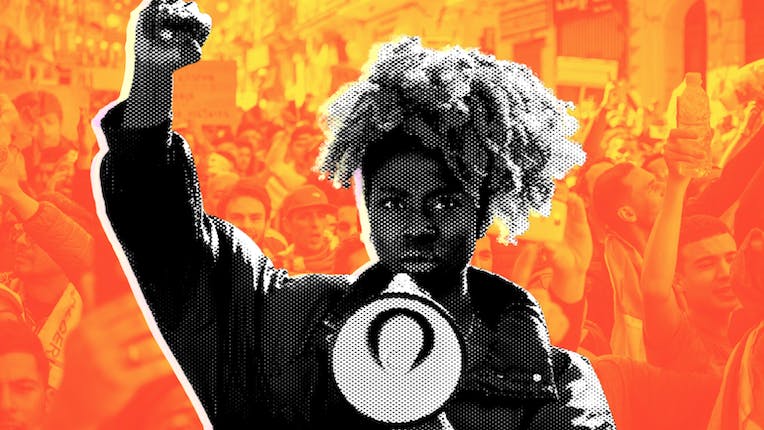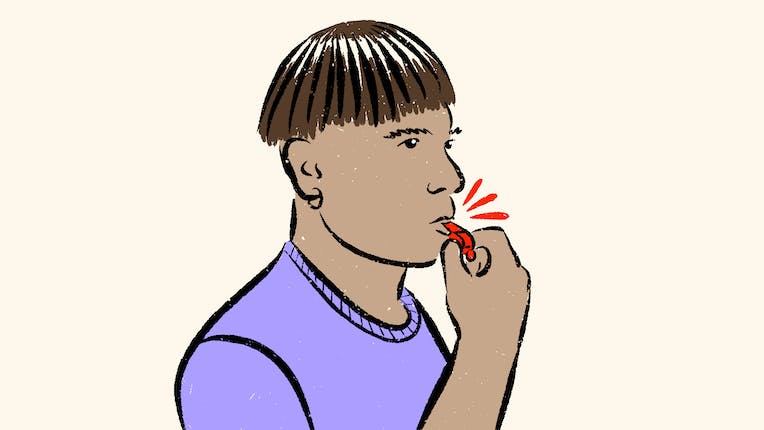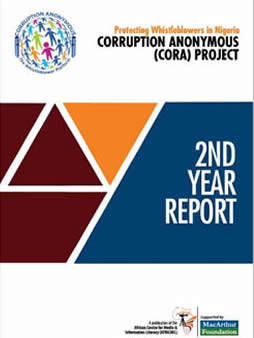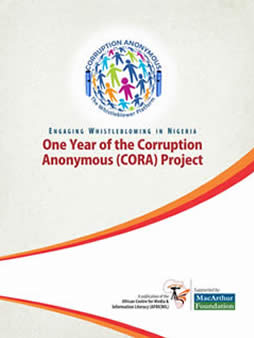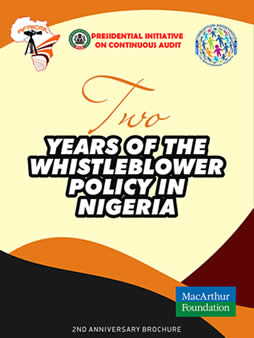African Centre for Media and Information Literacy (AFRICMIL) took part in a consultation workshop on corruption and human rights organized by the West and Central Africa Regional Office of Amnesty International in Dakar, Senegal, May 8-9.
AFRICMIL was represented by the coordinator, Dr. Chido Onumah, and senior programme officer, Godwin Onyeacholem. During the brainstorming session on regional challenges and priorities, Onumah introduced AFRICMIL’s Corruption Anonymous (CORA) whistleblowing project and shared the organization’s experience on how the human rights of whistleblowers are being violated by powerful individuals and state institutions in Nigeria.
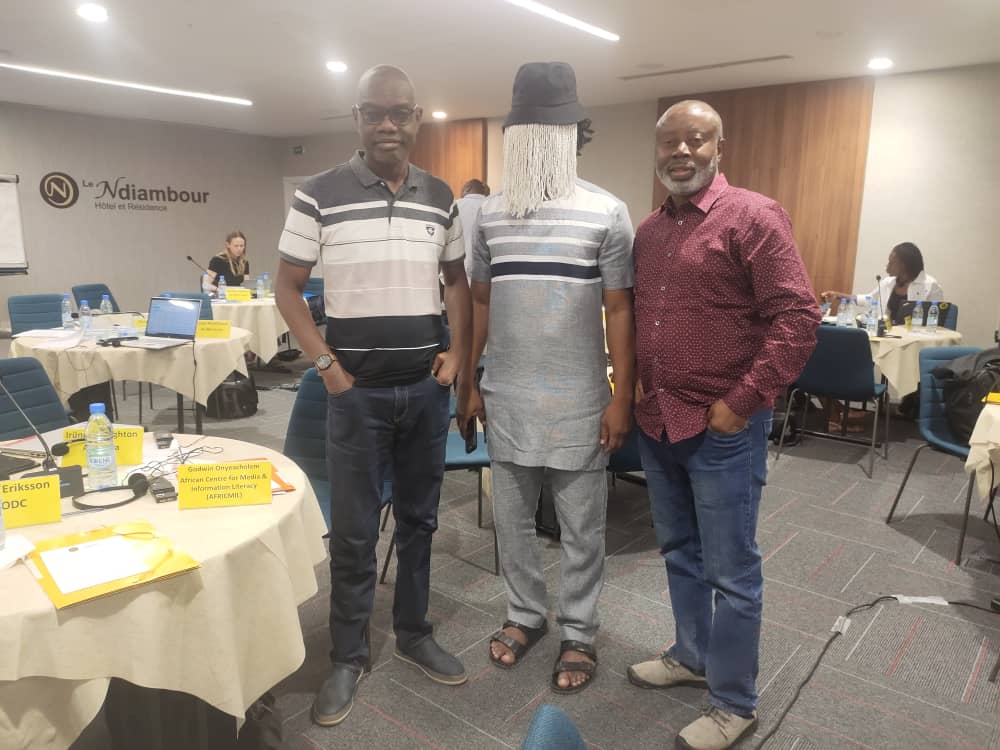
Onumah reminded participants that although whistleblowing drove free speech, it is unfortunate that whistleblower protection laws in all jurisdictions are written from the perspective of fraud, corruption, and other illegalities without considering the human right element of whistleblowing. He said beyond serving as a tool for checking fraud, corruption and other forms of wrongdoing, whistleblowing is a fundamental human right of freedom of expression.
According to Dr. Liliane Mouan, Senior Advisor on Corruption and Human rights, West and Central Africa Regional Office, Amnesty International (AI), the objectives of the two-day workshop were to exchange ideas and share experiences on the relationship between corruption and human rights, discuss how corruption affects human rights, and the potential for human rights law in addressing corruption.
About 50 participants attended the workshop held at the Le Ndiambour Hotel et Residence in the heart of Dakar. Participants included representatives of regional and international human rights and anti-corruption bodies, including Transparency International (TI), The Platform to Protect Whistleblowers in Africa (PPLAAF), and United Nations Office on Drugs and Crime (UNODC), representatives of human rights and anti-corruption civil society networks, AI’s staff and senior leadership team, investigative journalists and whistleblowers, including Anas Aremeyaw Anas, and global human rights defenders.
The keynote speakers were Samuel Kaninda, Africa Regional Advisor, Transparency International, whose paper was titled “Overview of Corruption in Africa,” and Dr. Mouan with a paper themed “Corruption and Human Rights at Amnesty International: A Brief Introduction.”
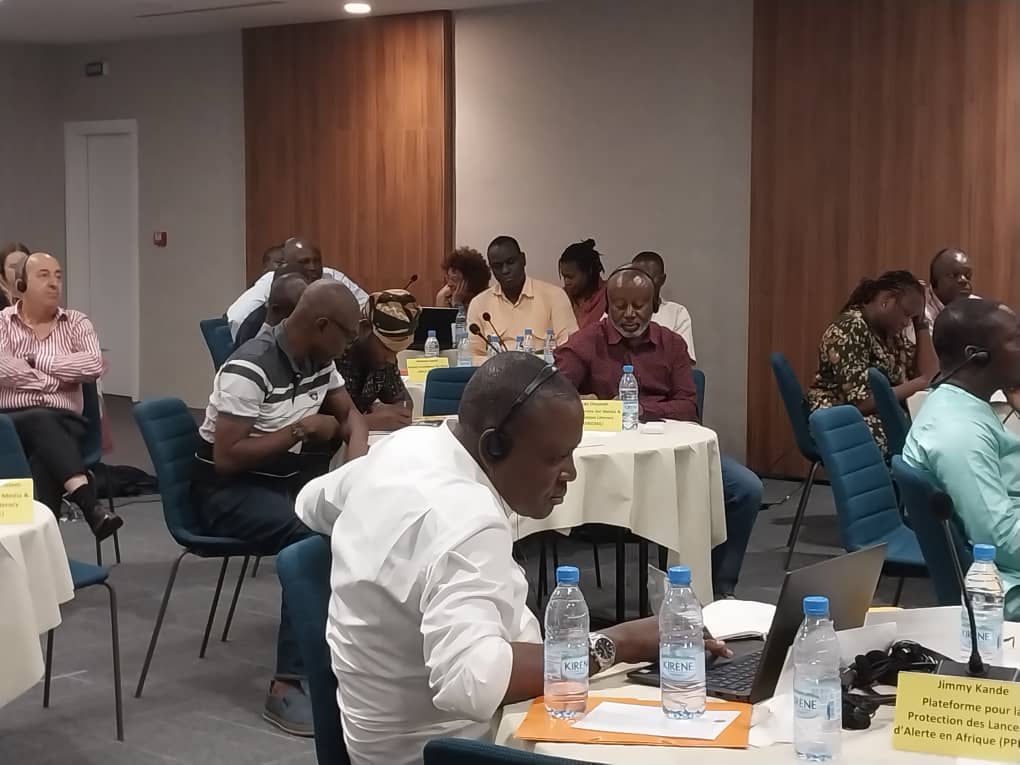
The hybrid workshop featured five sessions, with speakers from different parts of the world exploring themes in different areas of corruption and human rights. Whistleblowing and whistleblower protection was a recurring theme in most of the conversations with participants putting forward new ideas to strengthen the nexus between corruption and human rights.
Dr Mouan noted that the West and Central Africa Office of Amnesty International was committed to deepening awareness about the link between corruption and human rights in West and Central Africa. “Specifically, the objective of the two-year pilot project on corruption and human rights which it launched in 2022 is to tackle corruption and its human rights consequences, as well as protect those who denounce corruption and its human rights impacts in the two sub-regions, she said.
The workshop concluded that whistleblowers and journalists are human rights defenders who deserve full protection.

